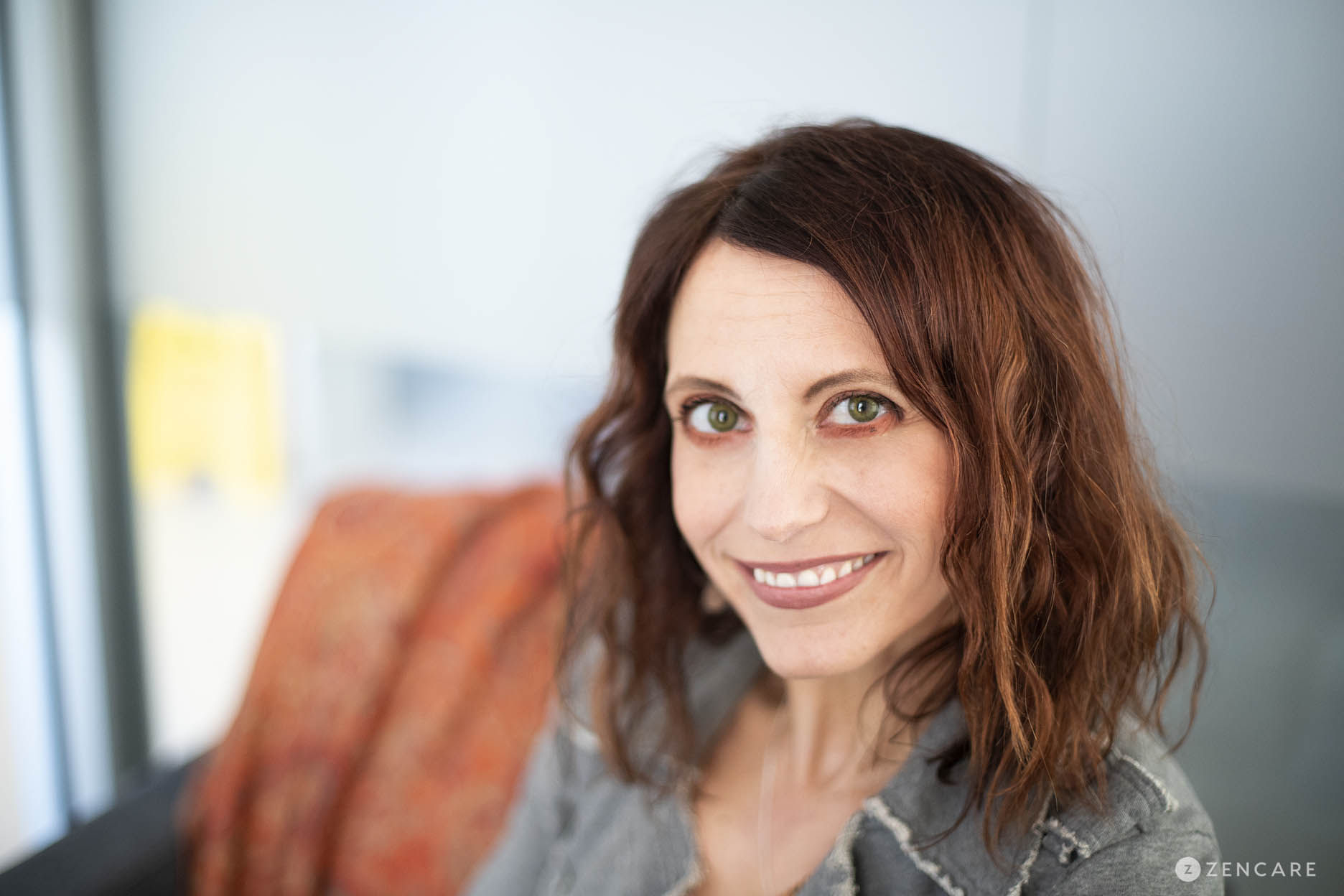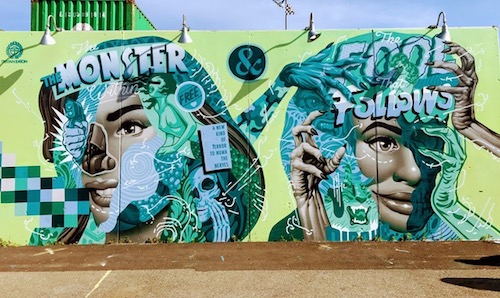I often wonder to myself what society would be like without the plethora of “Labels.” It seems we have become quite reliant on them to communicate about ourselves and others. Sometimes we may present them like a code of arms and other times, we may hide them in shame, like a skeleton in the closet. Have we become more dependent on them in the last couple decades or have we always referred to generalizations to define who we are and what our experiences have been. Neuroscience suggests that our brains are wired to categorize automatically, in order to better understand and relate to our environment. But have we gone too far?
Frankly, it’s challenging for me to keep up at times, millennials are now xennials; sexual identity terms such as pansexual and aromantic. What if we did away with all the labels? Would we still function effectively without a preemptive summarization of people, places or things?
Please pardon my reflections; it is not my intention to disrespect anyone or to make light of labels. It is merely my intention to provoke conversation and perhaps propose a different way of understanding, that goes beyond the label and into the depths of who people are.
As a practicing psychotherapist and educational consultant, I find myself consistently wanting to do away with the DSM (Diagnostic Statistical Manual). This is the clinician’s handbook of labels, as I like to refer to it. It seems to grow larger and larger with every new edition. And with each new diagnosis added, a corresponding pharmaceutical drug is introduced to the market, to “treat” the label.
It seems like a very slippery slope to be standing on and frankly, and not one I like to stand upon. Yes, I acknowledge the usefulness of diagnosing, in identifying a set of behaviors that can point to an explanation for maladaptive responses. The label assists clinicians, in applying the appropriate treatment methods, to relieve or manage a client’s symptomology. For example, in the case of Spectrum Disorders and Learning Disabilities, early diagnosis has been proven to provide better outcomes. But, as many special needs parents may attest to, the early label doesn’t necessarily guarantee their child will receive consistent and appropriate services that allow them to thrive to their potential. Because the fact is, research based interventions don’t address the distinctive needs of a person, nor do they assure the competence of the clinician or agencies providing the service. There are simply no guarantees.
In my experience, it seems once a person is given label, it is often difficult for them to look beyond it. Sometimes, it soothes them to know there is a “reason” for their unhappiness, they feel relieved in some way to finally have an answer. As a result, clients have told me they feel more understood; more part of a community. Whereas before, they may have felt isolated from it. Other times it is a hindrance and a stumbling block, that keeps them from believing they will be anything else other than their label. Either way it is perceived, it is common for people to become so enmeshed with their label that it begins to define them and not always with positive outcomes. I have seen clients’ growth halted because of their attachment to what they perceive are the limitations of their label. If I had ten dollars (inflation!) for every time someone said, “This is just the way I am, damnit!” I’d be frequently Starbucks more often! There seem to be an interpretation of finality in receiving a label; everything begins and ends with the label. And the same goes for when we learn of someone else’s label, no matter what the setting may be, a label can follow a person like a set of credentials, but not the ones that get them in the door. In fact, it’s quite the opposite; the door is often slammed in their face!
In the field of psychology, I feel this is where the fail begins. It seems to me we are most time selling people short with providing a psychological label. We are not looking beyond their set of symptoms and paying attention to the whole person. The person beyond the generalization; beyond the stereotype… And that can be a very lonely place for people to be.
Most of us have heard of the many publicized suicides and overdose stories, most of them involving a label. People are still suffering, whether they have a label or not. Isn’t it time we consider supporting PEOPLE, not treating their diagnosis. Place our focus on helping them to understand the unique way their brains process information; empowering them to direct their unique energy in a way that works FOR them, not against them.
All of us deserve to be seen as whole, not just in pathological pieces. Let’s stop the madness, before the madness stops another life. Let’s shed some light on the individual, so they can come from the shadow of their label.
Originally published at imanlkhan.com


